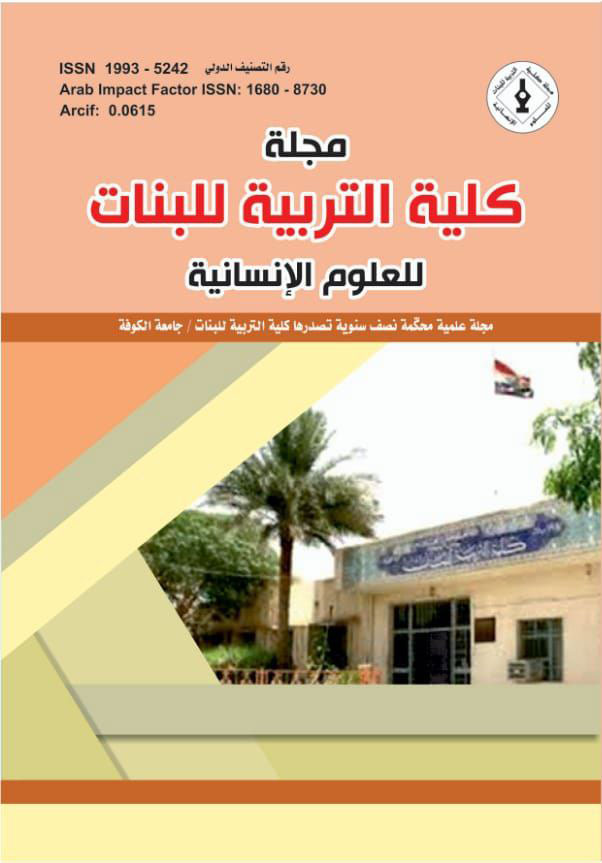Appointing the constitutional judge for life in the United States and Iraq and applying the principles of democracy and the foundations of the rule of law
DOI:
https://doi.org/10.36327/ewjh.v2i28.12244Keywords:
The principle of separation of powers, Constitutional judiciary, Control of the constitutionality of laws, Supreme Court of the United States, Federal Supreme Court of IraqAbstract
Abstract
The constitutional judiciary established in the United States of America. Judges in the United States, both those who exercise the function of the constitutional judiciary and those who exercise other fields in the American judiciary, shall hold their job for life according to the text of the constitution. The founding fathers of the United States justified this approach by the weakness of the judiciary in the face of the legislative and executive authorities, the need to strengthen the independence of the judiciary from these two authorities, and the difficulty in obtaining professional judges. There is root by the philosophers who theorized for the principle of separation of powers, especially Montesquieu, for the opinion that the judicial authority is weak, and the importance of the legislative and executive authorities compared to the judicial authority. The scope of work of a constitutional judge is the constitutional document that establishes public authorities and defines their competences, as well as their relationship with each other, and their relationship with people. This function has a political aspect that cannot be denied, and the practical reality of the constitutional judiciary has proven its existence, and rather its tyranny in some periods of the history of the constitutional judiciary, as this study has made clear, so how can an authority carry out work of a political nature that has a clear and explicit effect on the activity of public authorities, despite that Its members remain occupying their positions for life and impose their political opinions and ideological beliefs on authorities whose members change from time to time according to the convictions of the voters? Despite the negative aspects of the practical application of the approach of appointment for life, which led to its non-application by the countries of the constitutional judiciary, however, Iraq in the Federal Supreme Court Law applied the American approach, despite its disadvantages, and despite the practical reality in Iraq proved the tyranny of the political side of the work of the Federal Supreme Court, especially in cases they are mentioned in this study. This approach by the Iraqi legislator is surprising. This study focused light on the negative effects of this approach, which are incompatible with the principles of democracy and the foundations' state of the law. As, how can we talk about democracy and the state of law, if constitutional judges are appointed for life, and it is their work that influences the work of other public authorities and sometimes controls them, while other public authorities change their members periodically according to the desire of the voters. Based on the foregoing, this study recommended the Iraqi legislator to change this approach and achieve the goal of applying it by other ways, which is to appoint to the constitutional judiciary for one time only without renewal and to grant remunerative privileges to the retired judge financially and socially and preventing him from practicing political and social work after retirement. The increase in the population and the development of the educational level have made it possible to overcome the justification for the lack of professional cadres for judicial work.
Downloads
Published
How to Cite
Issue
Section
License
Copyright (c) 2023 Assistant Professor Dr. Faris Abdel Rahim Hatem

This work is licensed under a Creative Commons Attribution 4.0 International License.
which allows users to copy, create extracts, abstracts, and new works from the Article, alter and revise the Article, and make commercial use of the Article (including reuse and/or resale of the Article by commercial entities), provided the user gives appropriate credit (with a link to the formal publication through the relevant DOI), provides a link to the license, indicates if changes were made and the licensor is not represented as endorsing the use made of the work.









